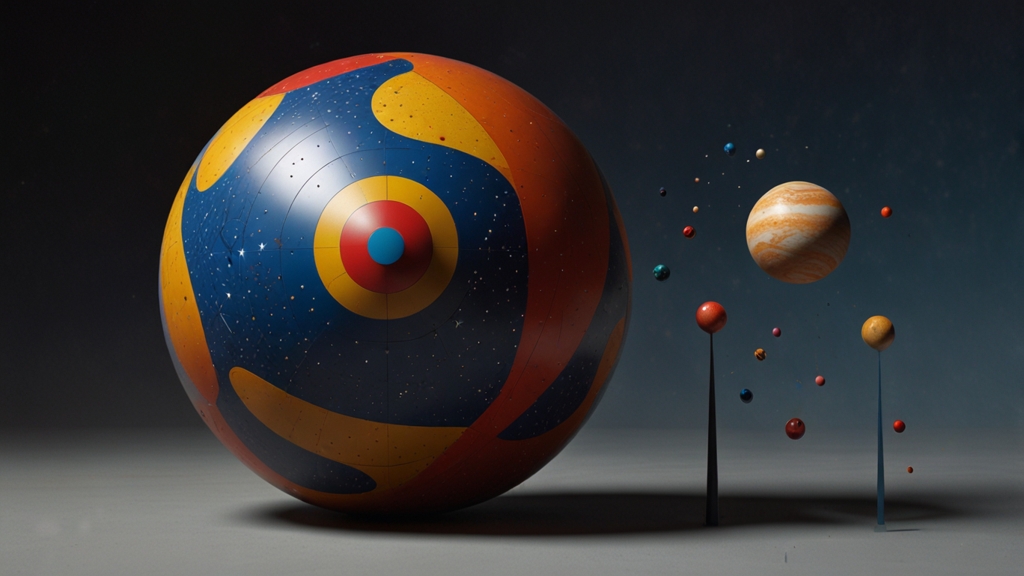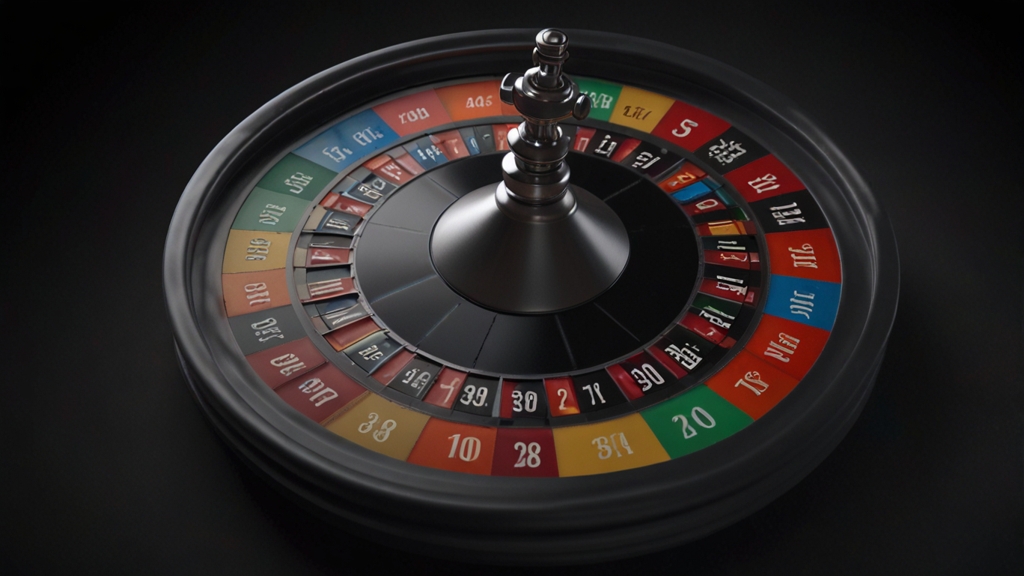The Surprising Connections Between Ancient Civilizations and Today
In our fast-paced modern world, it's easy to view ancient civilizations as distant, disconnected relics of the past. However, the threads of our current society are deeply woven with the innovations, discoveries, and philosophies of ancient peoples. By examining various aspects of contemporary life, we can uncover surprising connections that reveal how much we owe to our ancient ancestors.
Architectural Marvels
One of the most visible links between ancient civilizations and today's world is found in architecture. The influence of ancient Rome, for instance, is evident in countless buildings across the globe. The use of columns, domes, and arches in government buildings, museums, and even sports stadiums can be traced back to Roman architectural innovations.
"Without the architectural genius of the Romans, our modern skyline would look vastly different. Structures like the Colosseum and the Pantheon set a precedent for the use of concrete, arches, and domes, shaping the design of countless structures that followed." - Architectural Historian, Dr. Emily Stone
Democratic Ideals
When discussing the foundation of democratic principles, one cannot overlook the contributions of ancient Greece. The Athenian democracy laid the groundwork for modern political systems by introducing concepts such as citizen participation, electoral processes, and legislative bodies. Although today's democratic nations have evolved significantly, the core principles remain rooted in ancient Greek practices.
The Greek philosopher Socrates, along with his students Plato and Aristotle, furthered the discourse on governance, ethics, and citizenship that continues to influence political thought today. Their works remain essential reading for anyone seeking to understand the philosophical underpinnings of modern democracy.
"The influence of ancient Greek political philosophy is undeniable. Our thoughts on justice, governance, and civic duty are all expansions on the ground built by Plato and Aristotle." - Political Science Professor, Dr. John A. Smith
Technological Innovations
Many of the technologies we take for granted have origins in ancient civilizations. The ancient Mesopotamians are credited with inventing the wheel, an innovation that fundamentally changed transportation, industry, and agriculture. Similarly, the ancient Egyptians developed early forms of mathematics and engineering that allowed them to construct the iconic pyramids.
In China, innovations such as paper, gunpowder, and the compass emerged during ancient times and now form integral parts of our daily lives. These advancements underscore the ingenuity of ancient societies and their enduring contributions to modern technology.
Medical Practices
Modern medicine owes a debt of gratitude to the methods and treatments developed in ancient times. The practice of Ayurveda from ancient India and Traditional Chinese Medicine have had lasting impacts on holistic and integrative medicine approaches in contemporary healthcare. Greek physicians like Hippocrates, often referred to as the "father of medicine," laid the foundation for clinical practices and ethical standards.
The ancient Egyptians practiced an early form of surgery, and their knowledge of anatomy was surprisingly advanced for their time. Many of their surgical techniques and medicinal treatments paved the way for future medical breakthroughs.
Cultural and Artistic Influences
The artistic expressions of ancient civilizations continue to inspire contemporary art, literature, and cultural practices. The mythologies of ancient Greece and Rome have been reimagined in countless books, movies, and artworks. The epic tales of Homer, like "The Iliad" and "The Odyssey," still capture the imagination of readers worldwide.
Art forms such as pottery, sculpture, and painting from ancient China, Mesopotamia, and Egypt have informed artistic techniques and aesthetics that resonate even today. Festivals, traditions, and rituals from ancient times often form the backbone of many of our current cultural practices, from the Olympic Games to various religious celebrations.
Conclusion
The connections between ancient civilizations and today's society are numerous and profound. These links remind us that, despite the passage of time, human ingenuity, creativity, and the pursuit of knowledge are constants in our shared history. Recognizing and understanding these connections enriches our appreciation of the past and highlights the continuity of human civilization.











